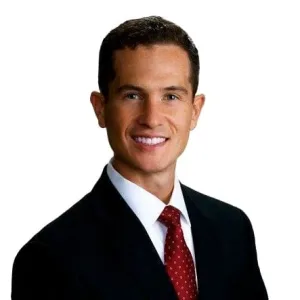The financial crisis of 2008, widely considered the worst since the Great Depression, stemmed from the securitization of risky mortgage loans sold to investors at wildly inflated prices. In essence, mortgage companies eager for even more business began encouraging borrowers to take out mortgages on homes they could not afford. These subprime mortgages – called “liar loans” by some because they were often based on falsified paperwork and inflated incomes – were then bought by investment banks that bundled them up and sold to big investors at prices that did not reflect the creditworthiness of the borrowers. When the housing bubble burst and borrowers began defaulting on their mortgage payments, the value of those investments declined, throwing the entire financial system into chaos and millions out of their homes.
Reforms enacted by Congress in recent years were supposed to protect consumers from predatory lenders in future. Today, however, a similar story is playing out in the context of subprime car loans. Certain unscrupulous car dealers looking to drum up commissions are falsifying loan applications to generate loans for consumers without the financial resources to handle them. When those borrowers fall behind on their payments, the consequences can be dire, including bankruptcy, permanently damaged credit scores, and repossession of their primary means of getting to work and back home to their families.
Prosecutors in jurisdictions as diverse as Manhattan, northern Alabama, and west Texas are investigating the problem of car dealers preying on lower-income consumers. The New York Times described the case of a 71-year-old woman who was convinced by a car dealer in Queens, N.Y., to co-sign an $18,487 car loan to a friend. The dealer falsely listed the income of the woman, who was on food stamps and could barely make ends meet, at $60,000. When her friend fell behind on the payments, the woman was pushed to the brink of bankruptcy-all because the dealer wanted to sell a higher-priced car than the woman could afford. (See Jessica Siler-Greenberg and Michael Corkery, “Loan Fraud Inquiry is Said to Focus on Used-Car Dealers,” The New York Times, October 1, 2014.) This trend of lending to unqualified car buyers does originate at the individual dealer level alone; big financial institutions catering to investors’ insatiable demand for higher returns are lining up to buy and securitize subprime auto loans-just as they did with risky home loans less than a decade ago. (See JessicaSiler-Greenberg and Michael Corkery, “Investment Riches Built on Subprime Auto Loans to Poor,” The New York Times, January 26, 2015.) While the scale of this phenomenon is unlikely to wreak the sort of havoc on the global financial system that subprime mortgages did, used-car “liar loans” undermine the strength of the institutions that invest in them. Equally importantly, it puts unwitting consumers at serious financial risk.
The attorneys at Abraham Watkins have been working hard to protect consumers from predatory lending, deceptive trade practices, and defective products for over six decades. If you or someone you know has been harmed by the unlawful conduct of another, contact an attorney at Abraham, Watkins, Nichols, Agosto, Aziz & Stogner by calling (713) 222-7211 or toll free at 713-222-7211.

